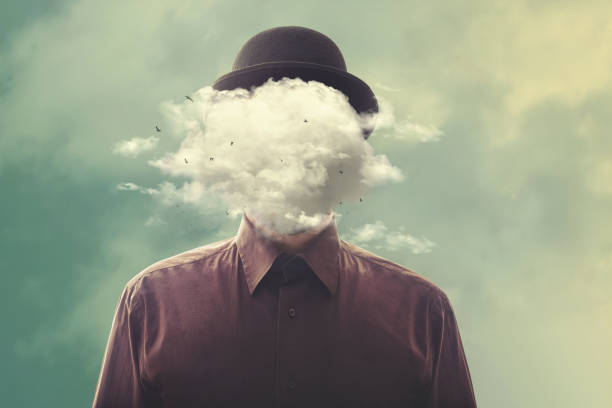
How Does Not Having Enough Sleep Affect Your Brain?
Have you ever been so tired that your brain feels foggy? Or you can't think straight, and everything seems difficult? This is what your brain looks like when you are sleep-deprived. It's not a pretty sight! The repercussions of poor sleep go beyond being cranky or having difficulty concentrating. Poor sleep performance has a negative impact on the brain. It affects mood, mental performance, creativity, and memory retention. However, you can get your sleep back on track and eliminate brain fog and all the adverse effects of sleep loss with several steps, such as taking melatonin and getting on a set schedule.
Mood Changes
People with sleep deprivation experience mood changes. They may become irritable, have difficulty concentrating and stay alert, or feel lethargic all day long. These result from fluctuating levels of cortisol, serotonin, melatonin-related hormones that are happening when you don't get enough shut-eye.
Trouble Concentrating
You experience between four and six sleep cycles every night. These cycles average 70- to 120-minutes. Research shows these are responsible for cognitive ability. When you don't get the amount your body needs, you may have trouble completing simple tasks the next day.
This problem includes reduced sleep and poor sleep with multiple wake-ups throughout the night. People that don't resolve sleep issues are at a greater risk of developing cognitive diseases as they age, such as dementia.
Memory Issues
Sleep deprivation can cause memory problems. When you don't get enough sleep, the brain has a more challenging time with short- and long-term memory recall. It's not just lack of sleep that causes memory problems, though. Lack of sleep can also interfere with the brain's ability to perform complex tasks, including memory problems. For example, you might have trouble recalling the steps necessary to complete a work responsibility. Being overly tired can reduce cognitive function.
Increased Risk of Accidents
Not getting enough sleep can make you feel drowsy. This makes it more challenging to focus and may cause a lack of attention on the road or in other areas that require concentration. For example, someone who is tired might not notice an object in their path when walking down the street, which could cause them to trip lead to injuries. It's important to remember safety first. Don't drive or operate heavy machinery when you're drowsy.
Tips for Improving Sleep
You can improve your sleep quality with a few days of work. Additionally, you may not need prescription medications that make you drowsy and leave you with morning fog. Here are some tips to start sleeping like a baby again.
Stick to a Sleep Schedule
Your body runs on a clock. It operates better when everything follows a set schedule. You can improve sleep by going to bed at the same time at night and getting up in the morning at a set hour. As you get into a rhythm, your body's melatonin for natural sleep tells the brain it's time to start winding down for bed. You'll find yourself tired when it's close to your bedtime, and you may even wake up without an alarm clock.
Avoid Caffeine After 1 PM
Caffeine can make it more difficult to sleep. There's nothing wrong with a cup or two in the morning. But limit how much you drink after 1 pm. It can take several hours for your body to rid of all the caffeine.
Try Melatonin for Natural Sleep
Taking melatonin for sleep is an excellent way to fall asleep faster naturally. Melatonin is a chemical produced by the brain to aid the body in falling asleep. Many consumers report the natural supplement is ideal for helping them maintain a good sleep pattern.
Use these tips and consider taking melatonin to improve your sleep quality. You might achieve this sooner with a Melo Air melatonin pen. A few puffs can tell your body it's time to sleep and activate the natural melatonin produced by your brain.

Leave a comment